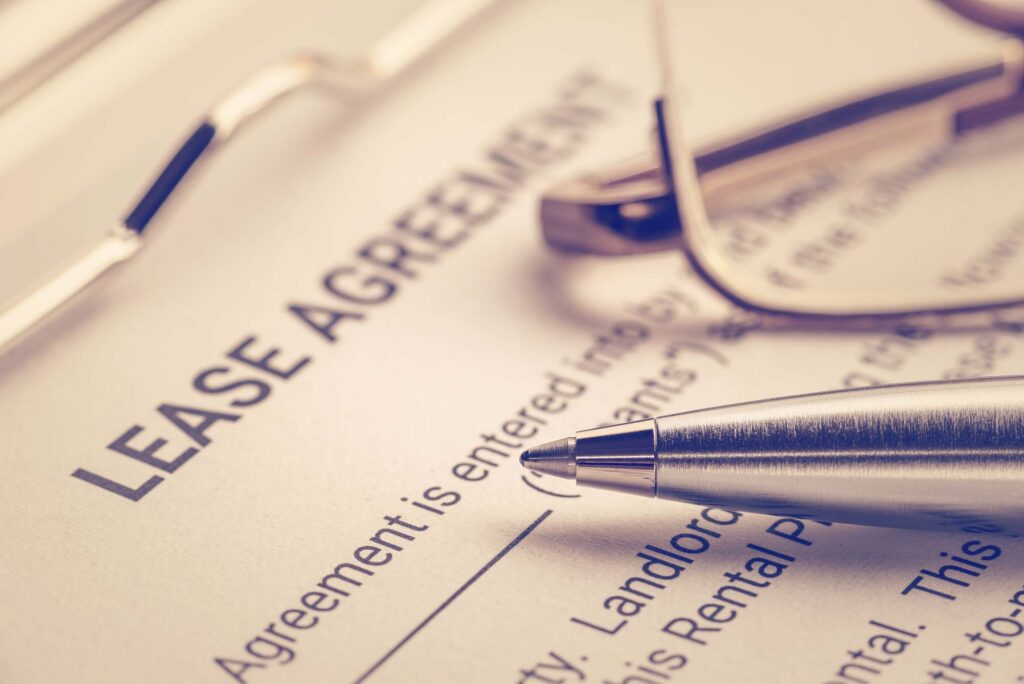Considering whether to register your commercial property lease in NSW is a critical decision after finalising negotiations. While it may seem unnecessary and costly at first, registering the lease is often vital for protecting the interests of both parties involved.
If you’re a landlord entering a commercial lease, you should carefully weigh the benefits of registering your lease with the NSW Land Registry. To help you make an informed decision, we address some common questions below:
Does the Retail Leases Act Apply?
Your first consideration should be whether the Retail Leases Act applies to your lease. This applies to various businesses listed in Schedule 1 of the Act which include but are not limited to:
- Food Shops;
- Travel Agencies;
- Bookshops;
- Antiques & Used Goods;
- Clothing Stores;
- Music & Video Hire establishments;
- Pharmacies;
- Beauty Therapists; and
- Retail Establishments
Does your Lease Term Exceed 3 Years including any options?
If your lease falls under the Retail Leases Act and extends beyond 3 years (including any option periods), you must register the lease within 3 months of signing. Even if the Act doesn’t apply, it’s generally advisable to register leases of 3 years or more to safeguard your interests such as if it is sold during your tenancy and it also ensures a fully executed version is available if the original is lost.
Who Pays the Lease Registration Fee?
The tenant usually pays the lease registration fee unless otherwise agreed upon.
Do Commercial Leases Have a Stamp Duty Fee?
Leases dated before January 1, 2008, or those involving lump sum payments may be subject to stamp duty. Leases after this date are generally exempt.
Can You Make Variations to a Commercial Lease?
After registering a commercial lease, changes can be made if agreed upon by both parties. Any alterations such as rent adjustments or lease extensions should be registered to ensure legal clarity and protect both parties’ interests.
What are the Most Common Risks if a Lease is not Registered?
Failure to register a lease, especially if it exceeds 3 years, can lead to complications. For instance, a new property owner might not honour the existing lease terms if they are unaware of them. If the lease is registered, the new owner must adhere to the terms of the existing lease.
Additionally, if there’s a mortgage on the property, the mortgagee may not recognise the tenant’s rights without proper lease registration and consent.
Registering your lease is therefore a crucial step in entering into a retail or commercial lease agreement. It ensures that both parties’ rights are protected and upheld.
Our Property & Commercial Law Team has extensive experience in leasing across various sectors and can provide expert guidance tailored to your specific needs.
If you have any queries Hunter Legal & Conveyancing can help! To get started, give us a call on 1300 224 828 or send us an enquiry here: https://hunterlegal.com.au/contact/ and let us make it easy for you!




